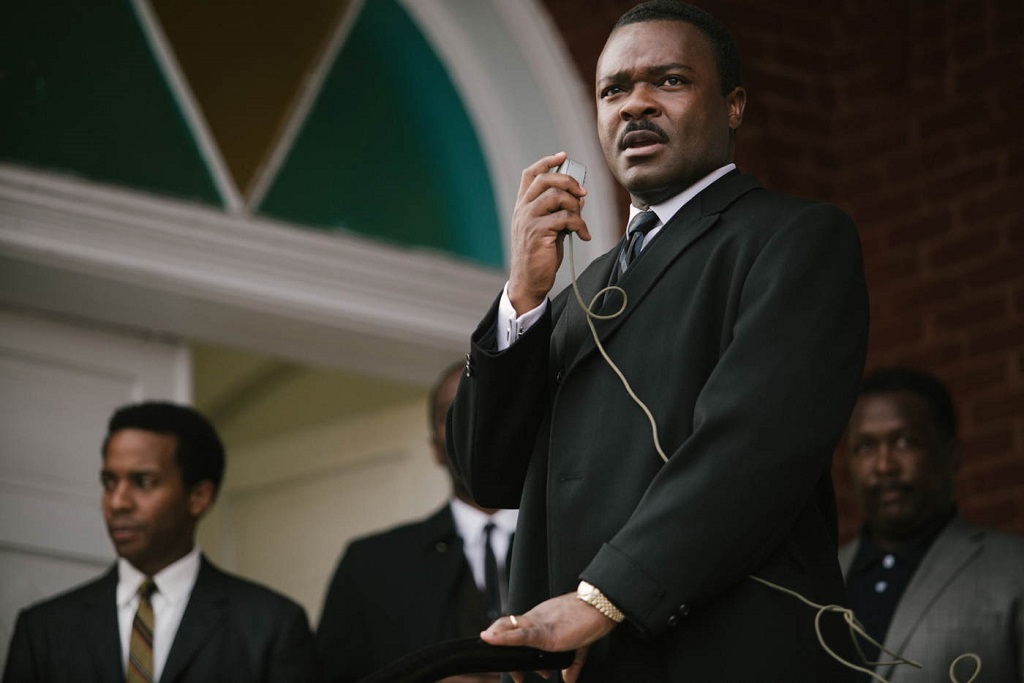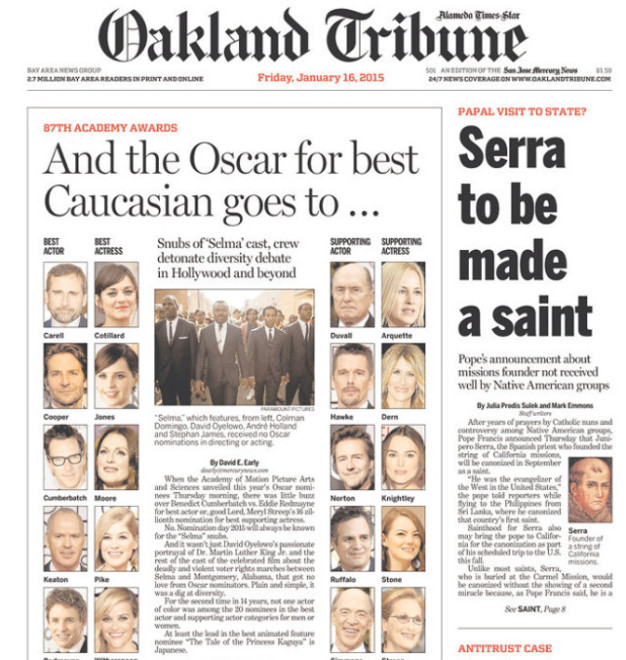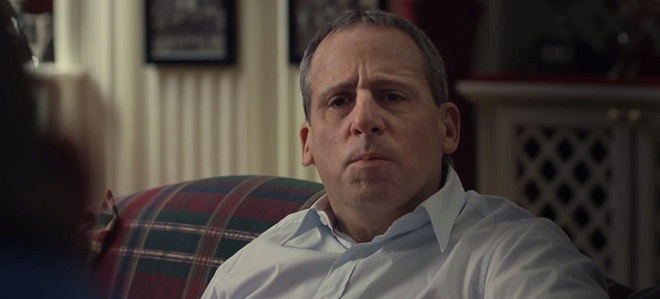‘Selma’, ‘The Imitation Game’ And Rewriting The Past: Should We Expect More Accuracy When It Comes To Biopics?
We have to accept some inaccuracies from so-called “true stories”, but which ones, and how many?

It’s fair to say that a lot of people were unhappy about the Oscar nominations announcement on Thursday. While nerds raged at The Lego Movie’s snubbing, the bulk of the ire was directed at the Academy’s perceived rejection of Martin Luther King Jr biopic Selma, with neither star David Oyelowo nor director Ava DuVernay (who would’ve been the first African-American woman nominated in that category) picking up their predicted nominations, despite their film getting nominated for Best Picture (and one other nod for Best Original Song).
It didn’t help matters any that the nominations were announced on MLK’s birthday, nor that the entire slate of acting nominations were white.

The internet expressed its outrage in the only way outrage can be expressed nowadays: thinkpieces and hashtags (#OscarsSoWhite spread like wildfire across Twitter, only matched by “Dick Poop” as a trending Oscars-related hashtag). Even the Academy felt obliged to respond to the controversy, with Academy president Cheryl Boone (the first black president of the association) saying that they – and the film industry at large – needed to “accelerate the push to be more inclusive”.
But at least one person would’ve been happy at Selma’s poor performance on Thursday – Joseph A Califano Jr. Califano is, surprise surprise, an old white dude. More specifically, he was President Lyndon Johnson’s top assistant for domestic affairs for ’65 to ’69. More relevantly, his angry op-ed for The Washington Post in December last year almost certainly played some role in Selma’s near-shut-out.
Califano complained that Selma has a “glaring historical inaccuracy,” misrepresenting LBJ as an opponent of both MLK and the Selma to Montgomery protests marches that give the film its title. “In fact,” Califano argues, “Selma was LBJ’s idea [and] he viewed King as an essential partner”. He goes to on to suggest that because Selma filled “the screen with falsehoods”, it should be ruled out of awards consideration – and he came pretty close to getting his wish.
Ava duVernay described Califano’s claims as “jaw-dropping and offensive” on Twitter, and plenty of people came to her defence. Twitter rallied behind #FactCheckThat, motivated in part by the suggestion that white media outlets were trying to discredit Selma. Over at Flavorwire, Jason Bailey argued that Califano’s piece and the subsequent controversy was motivated more by an attempt to sabotage its Oscars campaign than any interest in historical accuracy. USA TODAY refuted Califano’s piece, asserting that Selma represented Johnson both accurately and “heroically.”
“Islamic terrorism” is a threat to the US. #FactCheckThat pic.twitter.com/LRWHVbN2N9
— Saladin Ahmed (@saladinahmed) January 4, 2015
Califano’s piece and the subsequent controversy were hardly the only factor behind Selma’s snubbing (the fact that Academy voters are mostly old white dudes probably played a part), but drawing the conversation away from “is Selma a great film?” to “is Selma an accurate film?” can’t have helped its chances. Similar claims of inaccuracies were directed at another black biopic last year, The Butler. Forbes argued that it presented “an historically inaccurate portrait of Ronald Reagan.” – white dudes sure are sensitive about their presidents. It received zero Oscar nominations. Zero Dark Thirty, the story of Osama Bin Laden’s assassination, took some flack a year before, with critics suggesting its inaccuracies made it pro-torture. The film earned five nominations, but only won for Best Sound Editing.

Selma director Ava DuVernay, The Butler director Lee Daniels and Zero Dark Thirty director Kathryn Bigelow.
It’s easy to dismiss these sorts of claims as irrelevant. Craig Lloyd, talking about that long-forgotten Ashton Kutcher biopic about Steve Jobs, argued: “Movies are meant to be entertaining and fun to watch. In other words, it’s not a documentary, where there’s a word-for-word account of what happened … in other words, it’s completely okay to make up scenes in order to make the movie more dramatic and fast-paced.” What matters is whether the film is good or not, right?
Just apropos of nothing in particular: FEATURE FILMS ARE NOT HISTORY. THEY ARE HISTORICAL FICTION. — a. o. scott (@aoscott) January 17, 2015
It’s slightly more complex than that. Many of the other films earning Oscar nominations are selling themselves to audiences — and Oscar voters — as true stories. The Imitation Game picked up eight nominations by telling the story of how English mathematician Alan Turing (Benedict Cumberbatch) helped cracked the German’s Enigmas code and was subsequently persecuted for his sexuality. The Theory of Everything chronicles Stephen Hawking’s (Eddie Redmayne’s) first marriage, and his struggles with motor neuron disease; it got five nominations.
There are more true stories (mostly about white men) on the line-up: Foxcatcher with five nominations; American Sniper six. I’m not sure it’s enough to just shrug our shoulders and say “who cares if they’re accurate or not?” They aren’t presented as fictional films, so it makes sense to place them under more scrutiny than, say, the science of Interstellar.
It’s hard to draw the line, though, because you can’t expect 100% accuracy either – these movies are movies, after all. The truth doesn’t tend to come in a handy three-act structure that contains entertaining stories and relatable character arcs that can be retold in two hours; that’s why the internet is so full of film fact-checkers nitpicking the fiddliest details.
It’s not like the filmmakers are pretending to tell totally factual stories, either. Despite The Imitation Game trailer proudly proclaiming that it’s “Based on a True Story”, star Benedict Cumberbatch argued that the film was was “fictionalised truth”, noting that “most audiences are canny enough to understand that.” We have to accept some inaccuracies from these so-called “true stories” — but which ones, and how many?
Next: Twitter meltdowns, made-up life events and staying true to someone’s legacy.
